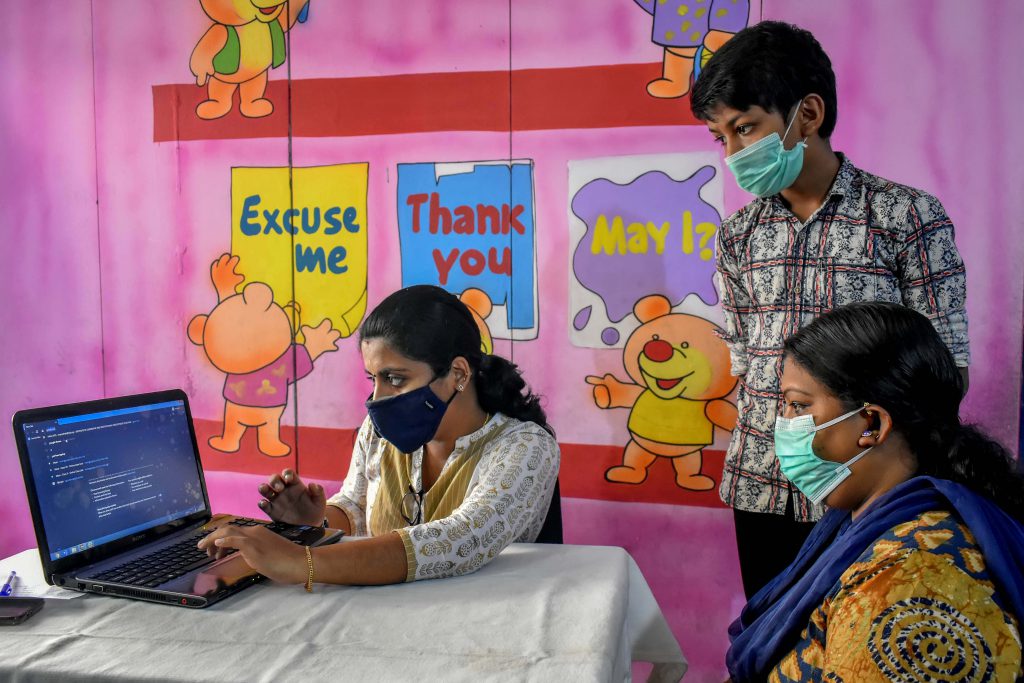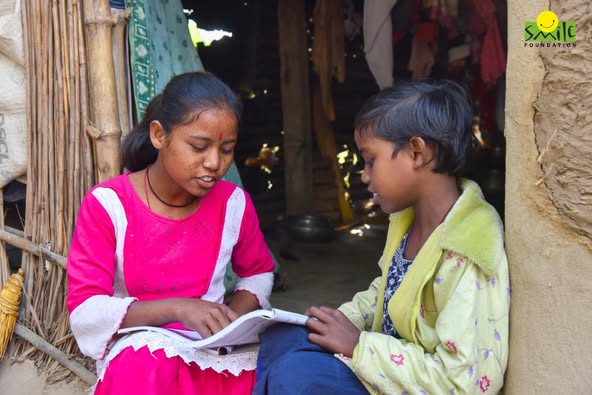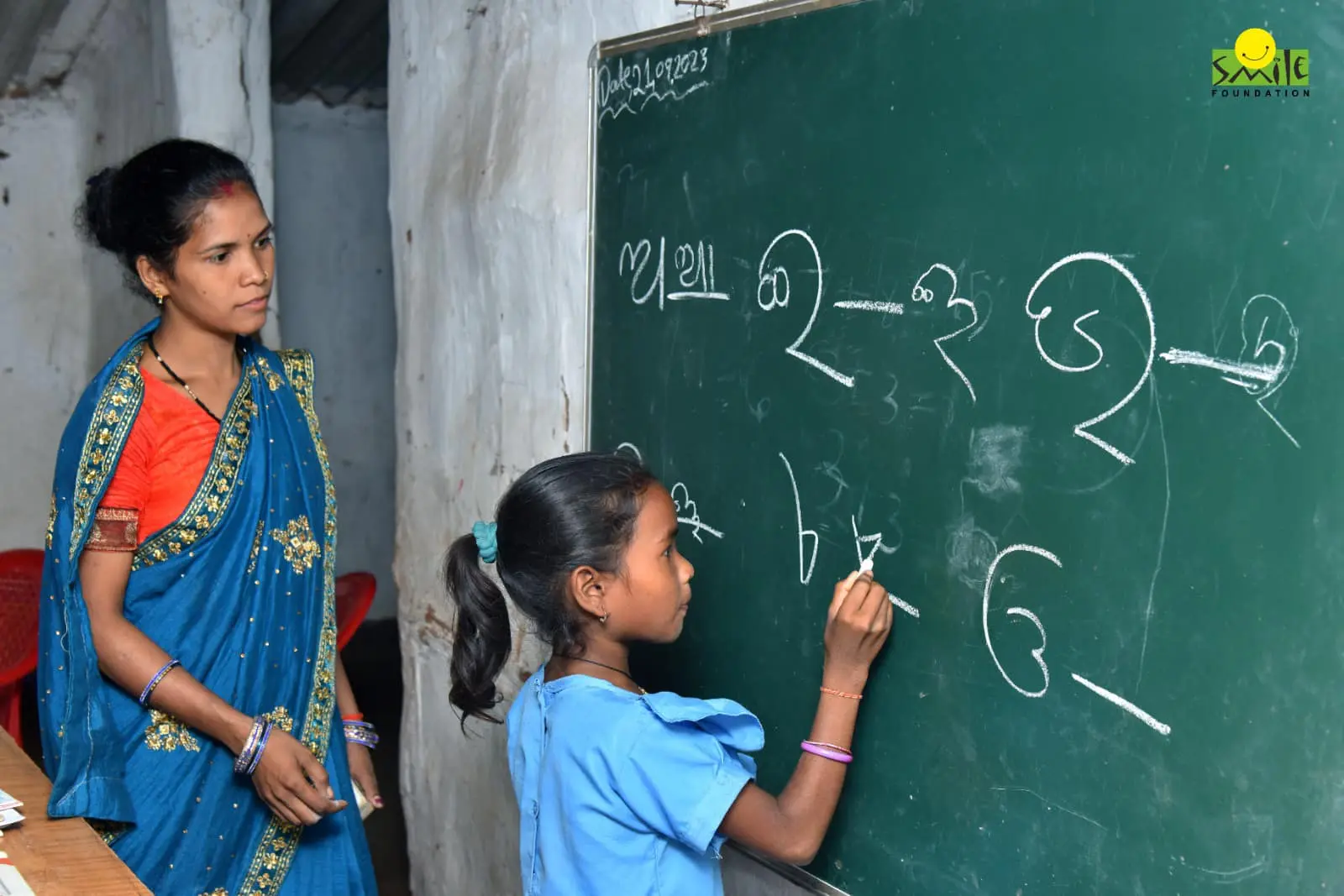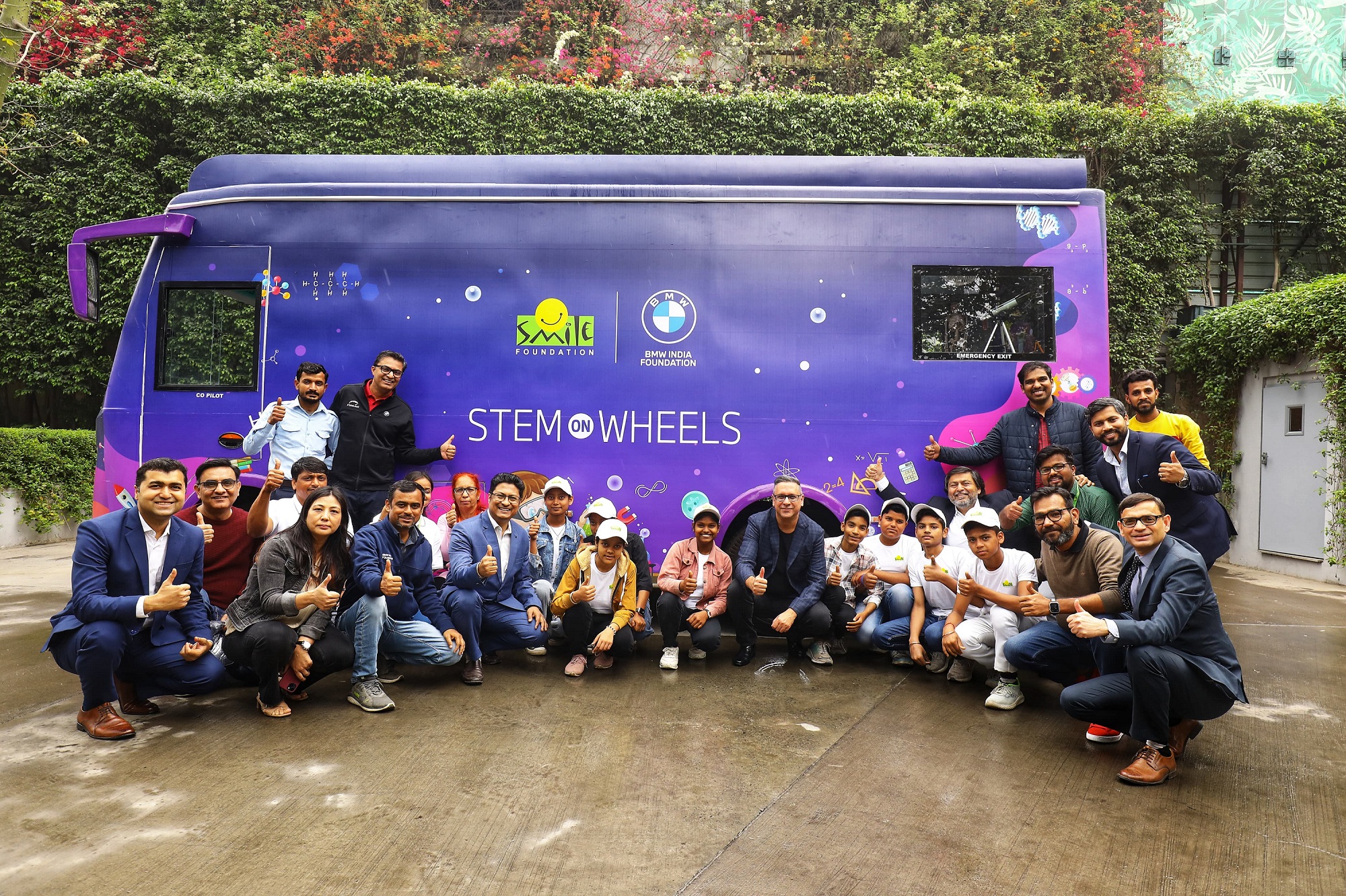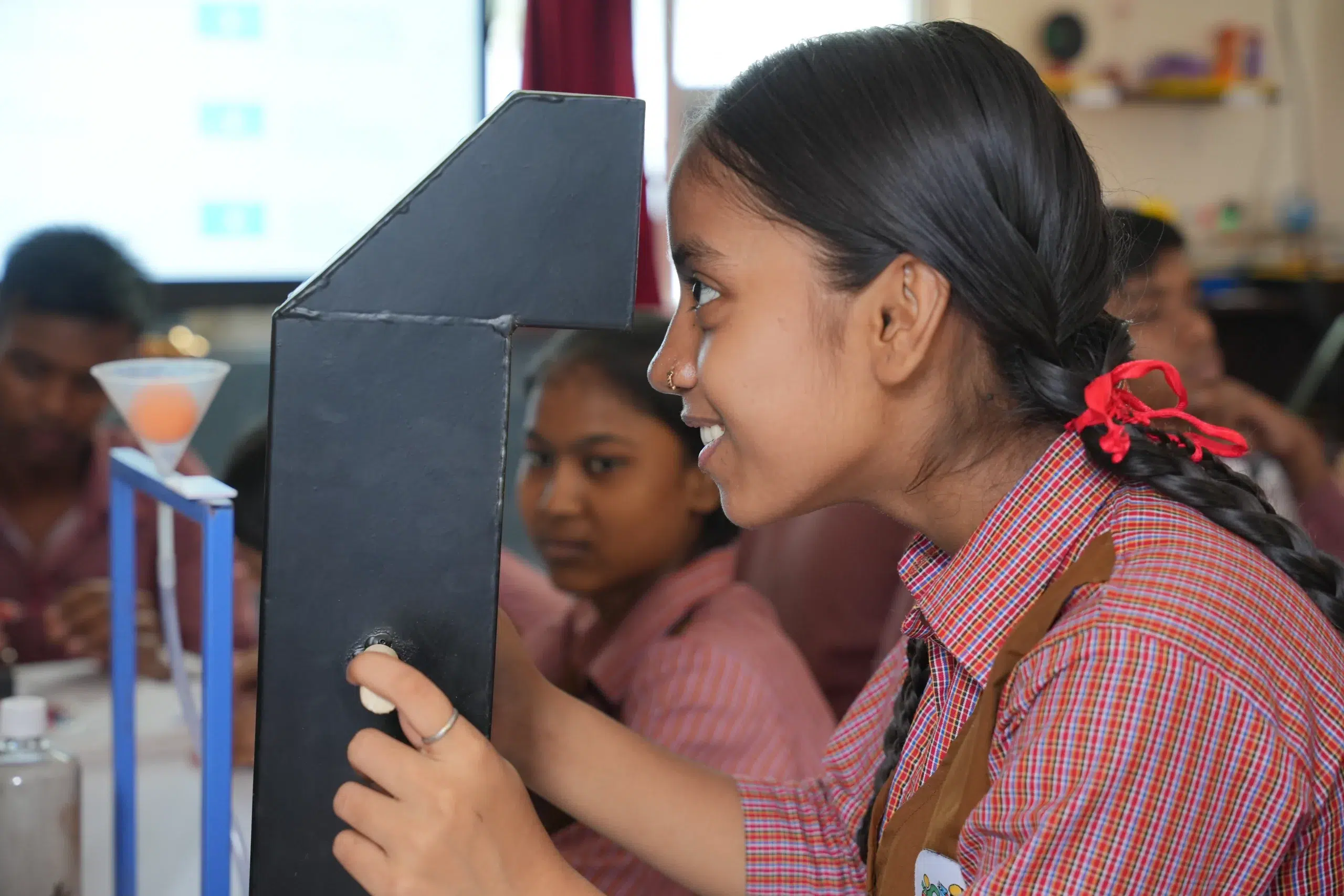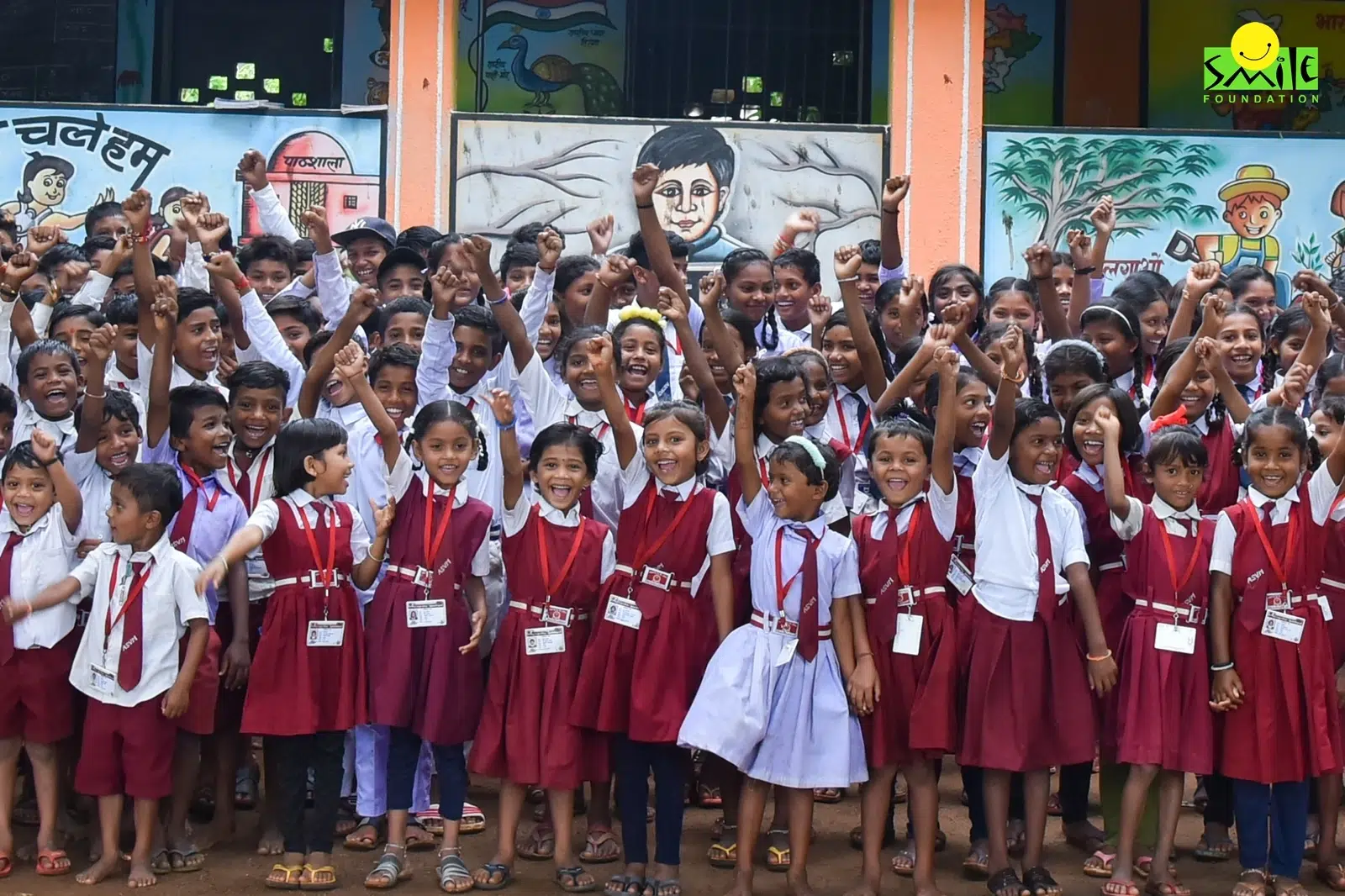Good education has the power to change lives. Today’s children will be the free-thinking citizens of tomorrow. Their growth is parallel to the future of any country which is only reflected through the quality of the present education system. It is important that the curiosity of the young minds be stimulated and we should equip them with values and education to be better human beings. Elementary education is of utmost significance as it establishes the foundation from which is the beginning of the learning process for a person.
With an aim to improve the quality of primary education in India, the District Education Revitalization Programme (DERP) was launched in 1994. The main focus was to reform and vitalize the primary education system. A few years later, in the year 2001, “Sarva Shiksha Abhiyan”, popularly known as SSA, was launched and it was one of the biggest programs introduced in the education sector in India. The SSA duly focused on aspects like proper training of teachers, offering improved learning materials and also offering textbooks for special children with the motive of improving elementary education in India.
The most recent New Education Policy which was introduced by the Government of India in March 2020 seeks to reform the Indian education system and bridge the gap between current learning outcomes and those desired. The NEP seeks to do away with rote learning and introduce a more holistic way by replacing it with competency based learning. The New Education Policy 2020 aims at producing engaged and productive citizens for building an equitable, inclusive and plural society. It articulates that the purpose of the education system is to develop good human beings possessing compassion, empathy, courage and resilience and a future generation capable of rational thought and action, along with scientific temper and creative imagination.
The existing academic structure of 10+2 structure (ages 6-16 and ages 16-18) has been replaced with the structure of 5+3+3+4 and special focus has been given to Early Childhood Care and Education (ECCE) which is one of the key visions and focus of NEP 2020. To achieve the same Anganwadi Centres are proposed to be strengthened with high quality infrastructure, well-trained Anganwadi workers/teachers and play equipment. The project will be funded by the central and state governments. NEP 2020 further proposes a certification program to be mentored by the Cluster Resource Centres of the School Education Department to introduce comprehensive training of the Anganwadi workers/teachers.
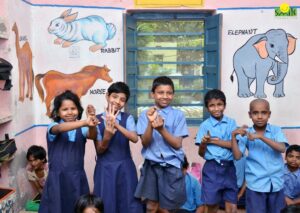
Children with special needs, underprivileged children from rural areas and urban slums, girls and transgender are most affected when it comes to access to quality education. The New Education Policy has introduced an entire section which is focused on the inclusion of these Socio-Economically Disadvantaged Groups (SEDGs).
Through various comprehensive measures such as remodeling of the school curriculum, structure of examinations, teacher education, etc the New Education Policy 2020 aims to raise the standard of Indian education system at par with global standards.
While the NEP 2020 intends to transform the Indian education system by curtailing rote based learning and introducing a more holistic education with adequate focus on development of different life skills for the students, the real success of the policy will only be possible if it is supported and implemented at all levels.
To know about Smile Foundation’s work in the field of education visit https://www.smilefoundationindia.org/education.html



